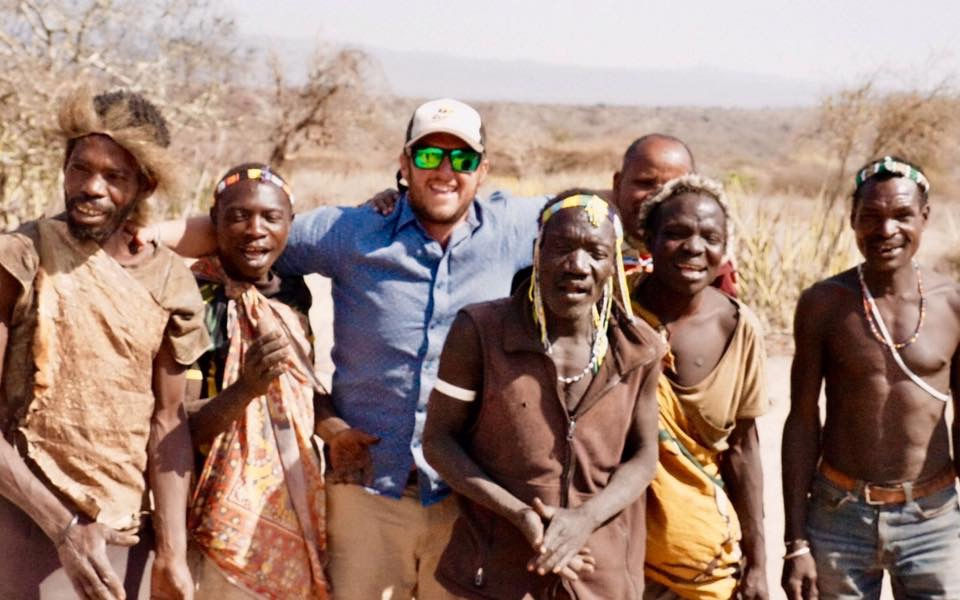The transformation from transaction to relationship
- Seth Quigg

- Mar 21, 2025
- 2 min read
My experiences in travel consistently illustrate how initial transactional exchanges can evolve into meaningful human connections.
As travelers, we often occupy a position of relative economic advantage, which inevitably shapes interactions within tourist economies. While exceptions exist, vendors in these environments frequently engage in sales, offering various goods and services. I find these encounters particularly illuminating. While initial solicitations may warrant polite refusal, a transformative shift occurs when the transactional dynamic is approached with compassionate candor.

This approach facilitates genuine human connection, allowing for a deeper understanding of the individual and their lived realities. These transitions, from fleeting commercial interactions to significant personal exchanges, exemplify the transformative potential of travel. When trust is misplaced, I find it beneficial to refrain from personalizing the experience. Recognizing that, if my perception is accurate, the individual may be experiencing internal distress allows for a more empathetic response.

Regarding the interplay between market forces and moral considerations, I observe that, in the Global North, business imperatives often eclipse ethical considerations. However, this is context-dependent, varying across urban and rural landscapes, geographical regions, and socioeconomic strata. In societies where basic needs are largely met, moral considerations may regain prominence. Conversely, in environments where basic needs are precarious, business imperatives may take precedence. This is a nuanced topic requiring careful analysis and comparative observation.

Furthermore, while generosity does not always elicit reciprocation, I believe the act of giving itself induces a positive physiological and psychological shift in the giver, fostering inner development and well-being. A collective commitment to generosity could potentially contribute to a more equitable and compassionate global community. This discussion is particularly relevant to my current life stage. My recent return from Nepal and Arunachal Pradesh, India, where interactions were predominantly non-transactional, has presented a stark contrast to the capitalistic and status-driven environment of the United States.

To say that going from the Old World, with its emphasis on interconnectedness and intrinsic value, to the New World, with its often-dominant market-driven ethos, is challenging is an understatement. The cultural shift is jarring, a stark reminder of the contrasting ways societies prioritize human interaction and economic exchange. The fluctuation of how I view relationships changes immediately when ego is considered. In environments where transactions are less central, relationships are built on shared experience and mutual support. In contrast, in a status-driven society, ego often dictates interactions, leading to transactional relationships where personal gain overshadows genuine connection. This constant negotiation between these two paradigms underscores the importance of cultivating a conscious awareness of our interactions. It's about striving to maintain human connection and ethical principles even when immersed in a market-centric world. The challenge is to find a way to honor the values of the "Old World"—compassion, community, and genuine connection—while navigating the realities of the "New World." Ultimately, it's a call to actively shape our interactions, ensuring that ego does not eclipse our capacity for empathy and generosity, and to build a bridge between these two worlds within ourselves and within our communities.




Comments